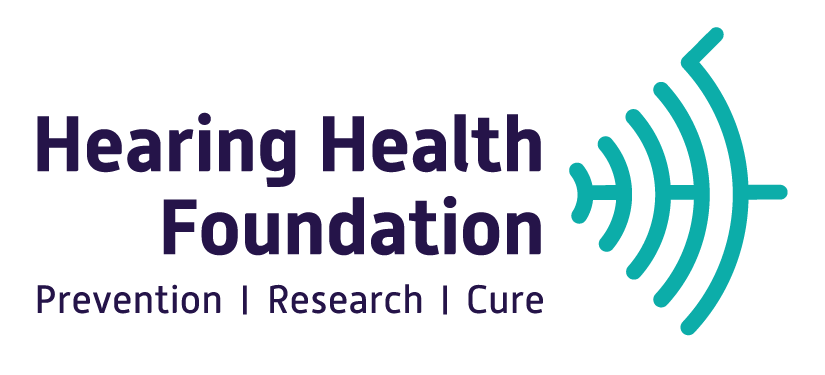By Lauren McGrath
Born with a profound sensorineural hearing loss, Jessica Hoffman, Au.D., CCC-A, never believed she could become an audiologist. In fact, she didn’t consider the profession until her final year as a biopsychology undergraduate at Tufts University.
By then, Dr. Hoffman was the recipient of successful hearing loss intervention and treatment for two decades. Diagnosed at 13 months, she was fitted with hearing aids by age two, practiced speech and hearing at the New York League for the Hard of Hearing (today the Center for Hearing and Communication) until five, and learned American Sign Language (ASL) at 10. She pursued a mainstream education since preschool with daily visits from a teacher of the deaf. Dr. Hoffman received cochlear implants at ages 14 and 24, respectively and, in college and graduate school, enjoyed a variety of classroom accommodations including ASL interpreters, CART, C-Print, notetakers, and FM systems.
After Tufts, Dr. Hoffman worked as a lab technician at Massachusetts Eye and Ear as her interests in studying hearing began to grow. But she doubted her abilities to perform key tasks in audiology, like speech perception tests and listening checks with patients. After speaking with others in the field with hearing loss, she became less apprehensive. Engaging with mentors like Samuel Atcherson, Ph.D., and Suzanne Yoder, Au.D., who have greatly advanced opportunities for individuals with hearing loss in audiology, further cemented Dr. Hoffman’s self-confidence. In 2010, she completed her Doctor of Audiology from Northwestern University.
Today, Dr. Hoffman is happy to work with both children and adults at the ENT Faculty Practice/Westchester Cochlear Implant Program in Hawthorne, NY. She takes pride in helping her patients realize that they are not alone with hearing loss and that technology, like her own cochlear implants, can provide immense benefits to communication. Dr. Hoffman is motivated to help her patients understand that hearing loss does not define who one is and can be viewed as a gain rather than as a limitation.
Dr. Hoffman’s career is not exempt from challenges. Fortunate to receive accommodations as a child and young adult, she is disappointed by the tools that are missing in a field that serves those with hearing loss. Though she credits her own workplace as being very understanding, Dr. Hoffman points out the difficulties she experiences during team meetings and conversations with patients who speak English as a second language. She is grateful to have considerate colleagues who will repeat themselves as needed or offer to facilitate verbal communication with non-native English-speaking patients.
At audiology conferences, however, necessities like CART, FM systems, and/or interpreters are often lacking for professionals with hearing loss. Dr. Hoffman and others with hearing loss in the audiology field have petitioned to encourage accessibility at such events. She has had to take on the responsibility of finding CART vendors for conference organizers to ensure her own optimal listening experience. She reports being brushed off by meeting leaders and a sense of doubt in her abilities and those of her colleagues with hearing loss.
Dr. Hoffman also wishes to see greater accessibility in audiology offices nationwide, including recorded speech perception materials, captioning for videos or TV shows in the waiting room, and email exchanges with patients, rather than phone calls. She’d like all audiology staff to be well-versed in communicating with people with hearing loss and to have a strong understanding of the Americans with Disabilities Act (ADA) as it pertains to hearing loss. Dr. Hoffman also thinks facilities would benefit from hiring ASL interpreters or Cued Speech transliterators as needed. Her ideas would help professionals like her and patients alike.
Accommodations for people with hearing loss and other disabilities in academics, public sectors, and the workforce—audiology included—should be provided without question, says Dr. Hoffman, who has had the burden of reversing many people’s misconceptions about her capability to thrive independently in her career. “The self-advocacy never ends, but it has made me stronger and more confident in my own abilities as a deaf person. I am proud to have a hearing loss because it has shaped me into the person I am today.”
Receive updates on life-changing hearing research and resources by subscribing to HHF's free quarterly magazine and e-newsletter.



